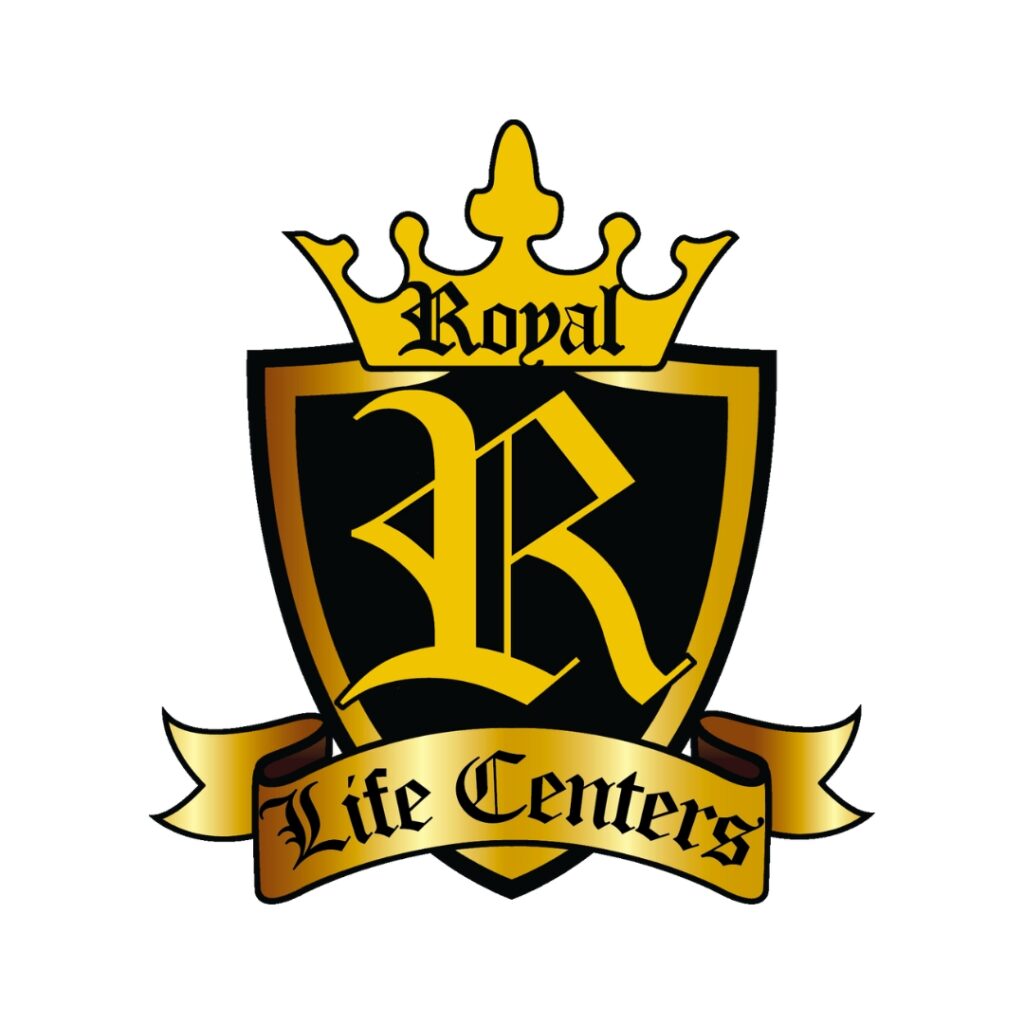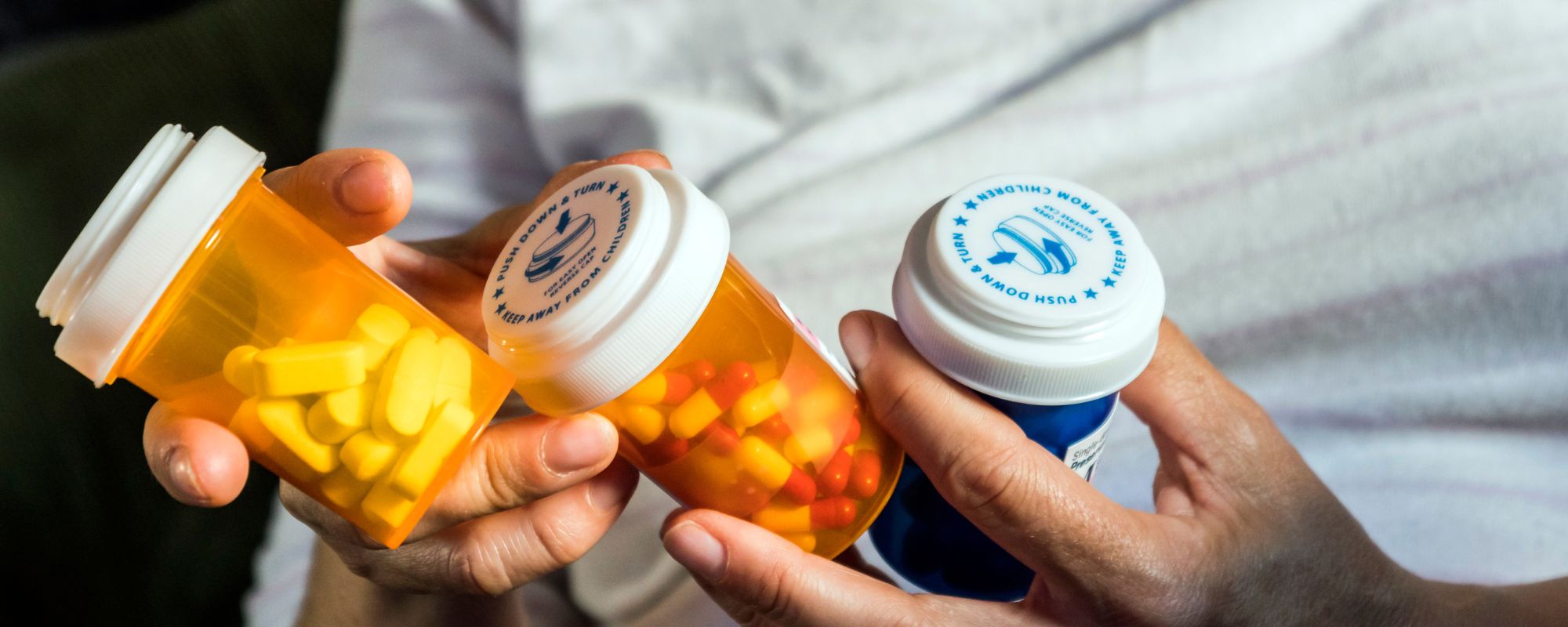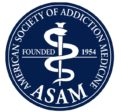Many people living with depression begin to see it as a core part of who they are, often without realizing that there are effective coping strategies available. Rather than seeking ways to manage or overcome their symptoms, they may start to identify with them, leaning into the darkness rather than fighting their way out. This mindset can be dangerous, as it keeps individuals stuck in painful, isolating emotions without hope or support. In the most severe cases, a person may feel so trapped that they believe there’s no way out, and may even consider ending their life.
But we want you to know: coping with depression is not only possible—it’s achievable. In this article, we’ll share a variety of proven depression coping skills that could make a meaningful difference in your life.
What Is Depression?
Depression is a term that covers several mood disorders grouped under the category of depressive disorders. These conditions share many of the common symptoms people associate with depression, such as persistent sadness, hopelessness, fatigue, low self-worth, tearfulness, and a loss of interest in things that once brought joy. However, each type of depressive disorder also has distinct features that set it apart.
Living with depression often feels like carrying a heavy emotional weight—an inner sense of sadness or emptiness that colors your outlook on life. It can create the illusion that nothing will ever improve, that the future holds only disappointment, and that relief is out of reach. Feelings of guilt, shame, and worthlessness are also common and can intensify the experience. Tragically, many people struggling with depression contemplate self-harm or suicide. Often, their loved ones are unaware of the depth of their pain, as those suffering may isolate themselves and hide their symptoms.
Depressive Disorders Explained
If you struggle with depression, it can help to receive a diagnosis outlining what type of depressive disorder you have. Why define depression? Because each condition has its own traits, tendencies, and specifics, putting a name to your struggle allows you to feel seen. If you’ve always felt “other” and alone, you’ll realize research and support exists for you! Plus, receiving a diagnosis allows you to receive better care, like tailored treatment and prescription medication.
It’s also important to note how depression can be a side symptom of other conditions or experiences. For example, bipolar disorder swings between depressive episodes and manic episodes. And grief, including prolonged grief disorder, can develop into depression. No matter what your unique situation is with depression, there are ways to cope.
Major Depressive Disorder (MDD)
Major depressive disorder is essentially a foundational model of depression that millions of people struggle with. To elaborate, it is what many people understand about depression due to its symptoms and identifiers. MDD is categorized as having depression episodes lasting two weeks or longer with at least five symptoms. Major depressive disorder can be severe and chronic. Its other names include clinical depression and unipolar depression. During a depressive episode, individuals may experience a wide range of symptoms, including:
- Persistent low mood
- Feelings of emptiness or numbness
- Changes in appetite
- Oversleeping or struggling to sleep
- Restlessness
- Trouble focusing
- Reduced cognitive and motor functioning
- Low self-worth
- Hopelessness
- Loss of interest in passions or experiences
- Self-isolation
- Suicidal ideation
Many of these symptoms are present in other depressive disorders also. This is one reason MDD is best understood as the overarching term, “depression.”
Seasonal Affective Disorder (SAD)
Seasonal affective disorder shares many of the same symptoms as major depressive disorder but has a unique difference. With SAD, individuals experience worse depression during certain times of the year, usually aligning with the seasons. Notably, it’s possible to be diagnosed with MDD with a winter pattern or MDD with a summer pattern. The location a person lives can be a risk factor for SAD. For example, people who live in colder, darker climates are at risk of developing SAD that worsens in fall/winter.
Bipolar Disorder
Bipolar disorder is a mood condition where individuals go through depressive episodes, similar to those in major depressive disorder diagnoses. However, instead of returning to a neutral mood, they bounce between depressive episodes, manic episodes, and sometimes neutral episodes. To explain, manic episodes are periods opposite from depression, where a person feels heightened, energized, talkative, productive, and even reckless or agitated. Of course, in depression episodes, the individual will experience low mood, low energy, tiredness, quietness, and struggle to complete tasks. Bipolar disorder can be diagnosed as bipolar I, bipolar II, and cyclothymia, with bipolar I being the most severe.
Persistent Depressive Disorder (PDD)
Persistent depressive disorder is a chronic type of depression where a person experiences ongoing symptoms. Whereas MDD and other depression types cycle through depressive episodes and neutral periods, PDD is long-lasting. A person with PDD will experience the symptoms of depression for two years or more. Markedly, they may experience less severe symptoms than MDD or have an equally intense experience that lasts. One risk of PDD is a person absorbing depression into their identity, so they believe there’s no possibility of relief. Fortunately, depression coping skills can show them their ability to escape the hold of their symptoms.
What Are Coping Skills for Depression?
Coping skills for depressive disorders are techniques, tools, and practices that a person utilizes to find relief. They can be helpful in the midst of strong feelings connected to the disorder, as well as for overarching healing. In essence, having healthy coping skills for depression in your personal toolkit allows you to take control of depression. Once people experience symptom relief from coping skills, they realize they don’t have to keep living in pain and despair.
Depression Coping Skills That Can Help
So, what are some real world examples of coping techniques? The complete list of coping skills for depression is long, and everyone learns what they best respond to. For this reason, we encourage experimentation at our treatment centers, as well as individualized treatment. While you’re exploring what has an impact on your symptoms, we recommend you consider the following methods.
Behavioral Activation
Behavioral activation is a therapeutic approach for improving low mood. In this therapy practice, individuals learn to identify a link between their thoughts and feelings, which then influence behaviors. Because behavioral activation focuses on raising positive emotions, it uses a reward process to spark a positive mood. For example, individuals may participate in enjoyable activities, track their mood, and set goals. While it often goes hand-in-hand with cognitive behavioral therapy for mental health disorders, it can be particularly effective for depression.
Mindfulness and Grounding Techniques
Mindfulness is the practice of centering on your thoughts and feelings to better understand them. It can be both calming and enlightening. Since feeling your emotions is an important part of healing, mindfulness is beneficial for depression’s low moods and heavy emotions. Further, grounding techniques use breathing and sensory focus to keep a person present in the moment. These are important depression coping methods because they prevent people from escaping into their pain. Instead, one must consider pain to address it and then release it.
Journaling
Journaling for depression is a proven technique for depressive disorders. Feelings of pain, sadness, or numbness can stay trapped in the body and control thoughts and behaviors. The reason journaling is beneficial is because people let their thoughts and feelings out. Individuals can free-write or follow prompts to access deep emotions. If they are participating in therapy, they can revisit their journal entries with their therapist.
Social Support
Having support in the midst of depression is crucial for recovery! It’s so easy to isolate into pain and ignore the help that exists. But instead of learning coping skills, individuals lean on their own devices, increasing their risk of substance abuse and suicide. Social support for depression exists in the form of recovery support groups, therapy, counseling, and professional mental health treatment. By connecting with others who have the training to help you, you’ll take daily steps in the direction of healing. Notably, we offer whole family treatment at our center if you have all been impacted by the effects of illness. This is an additional way to receive social support in your disorder.
Professional Mental Health Treatment for Depression
One place to learn coping skills for your depression diagnosis is in professional mental health treatment. This way, you work with licensed mental health experts who will guide you through a customized treatment plan. At Cascade Heights Recovery in Washington, we offer comprehensive depression services for our guests. If you’re intrigued but don’t know what depression treatment looks like, here’s an overview of what you’ll receive.
Psychotherapy for Depression
Psychotherapy is traditional evidence-based talk therapy centered around conversation and various therapy techniques. At Cascade Heights Recovery, all of our guests participate in psychotherapy, regardless of their disorder. However, the type of psychotherapy they follow depends on their individual treatment plan.
Cognitive-Behavioral Therapy (CBT)
Cognitive behavioral therapy, or CBT, is a well-known behavioral psychotherapy practice. Many individuals will begin working through CBT, from which they might branch out depending on their condition. CBT focuses on connecting the link between thoughts, feelings, and actions and learning healthy alternatives.
Acceptance and Commitment Therapy (ACT)
Acceptance and commitment therapy is another behavioral therapy that is effective for depression. ACT’s approach is based on acknowledging and accepting difficult beliefs and feelings you hold. From there, it teaches how to live with these while also making intentional changes in behavior for an overall improvement in your life.
Holistic Treatment for Depression
In addition to psychotherapy, all of our guests participate in holistic treatment. Notably, the holistic approach to wellness focuses on treating the mind, body, and spirit as a person, not a disorder. We offer a great number of holistic therapy practices at Cascade Heights Recovery to boost your overall wellness and mood.
Medication for Depression
Lastly, prescription medication is another key pillar of depression treatment you can opt in or out of. Many people find medication allows them to have reduced symptoms to manage. However, medication is never mandatory. If you choose to participate in medication-assisted treatment (MAT), you and your doctor will work together to find the right medication, dose, and timeline.
Find Depression Treatment Near Me
Knowing how to cope with depression isn’t easy, especially when you’re in the midst of symptoms. In fact, coping with severe depression can feel impossible but we promise you, getting help is the answer! Please don’t isolate yourself in your depression. Instead, you can find comprehensive treatment through Cascade Heights, where you’ll be treated as a whole person with unique needs.
To ensure nothing holds you back from receiving support, our intake team can verify your insurance to identify costs upfront. Don’t wait to seek help that will teach you coping skills for depression. We’re ready for your call, so reach out now to find relief over your depression.













